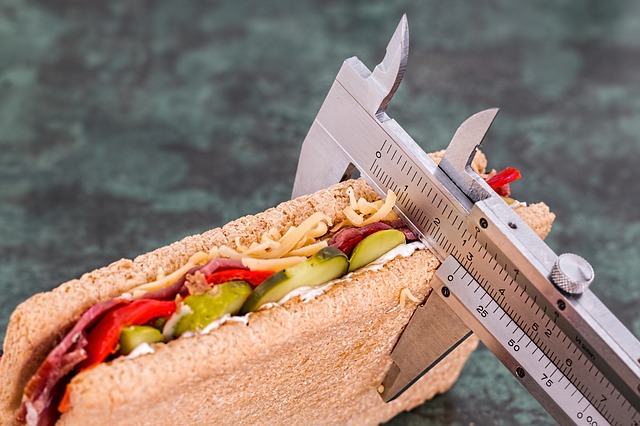Does Eating Less Really Make Your Stomach Shrink?
January 24 2019
Of course, said your mum, as she dutifully stuck to her diet of cottage cheese-filled rockmelon halves and cabbage soup. And though she might’ve been right about everything else, she was wrong about this one.
We’ve all heard that thing about how cutting back on calories causes your appetite to reset. And how over time, your elastic stomach actually shrinks down, so you fill up on tinier portions.
If it sounds ridiculous, that’s because it kind of is, experts say. Yes, your belly does boast rubber band-like properties that allow it to change size, explains gastroenterologist Nitin Kumar, MD. For instance, the elasticity makes it easier to gorge when presented with a giant meal, to help us avoid starving in times of famine. (Something most modern humans don’t have to worry about. But back in our cave-people days, it was helpful.)
As for the shrinkage? Your stomach is capable of quickly snapping back to normal size after a feast. But it’s not going to continue to get smaller—even if you start eating much, much less, says Kumar.
After all, if eating less was all it took to shrink your stomach, it would follow that normal-weight people have smaller food pouches than people who are overweight or obese. But that’s not the case, according to findings published in the journal Gastroenterology. Regardless of how much we weigh, everyone’s stomach is pretty much the same size.
If you’re still skeptical, consider this: Your body was designed to take in enough kilojoules to keep it running, even during times when food is scarce. So you better believe that it’s not going to shrink your stomach when you feed it less.
In fact, most of us tend to feel hungrier when we slash our caloric intake. “Your body begins to think that you’re starving. So you get multiple physiologic and hormonal responses to try to get you back to your weight,” Kumar says. Your system gets flooded with the hunger hormone ghrelin, making food even harder to resist. At the same time, your body temperature and metabolic rate slow down in an attempt to conserve precious energy.
That’s a long-winded, science-y way of saying this: Drastically cutting your portions not only won’t shrink your stomach—it’ll probably backfire. And if you managed to lose any weight, you’ll likely regain the pounds with interest, Kumar says.
None of this is to say that losing weight is impossible. But in order to do it successfully, you need to cut back on food gradually—so your body doesn’t suddenly freak out and think that it’s never getting food again. That means instead of embarking on a crash diet, try cutting back by just 400 or 800 kilojoules a day, Kumar says. It’s enough to help you lose weight slowly and sustainably, but not so much that your body mistakenly thinks that you’re starving.
Sourced from Prevention.
